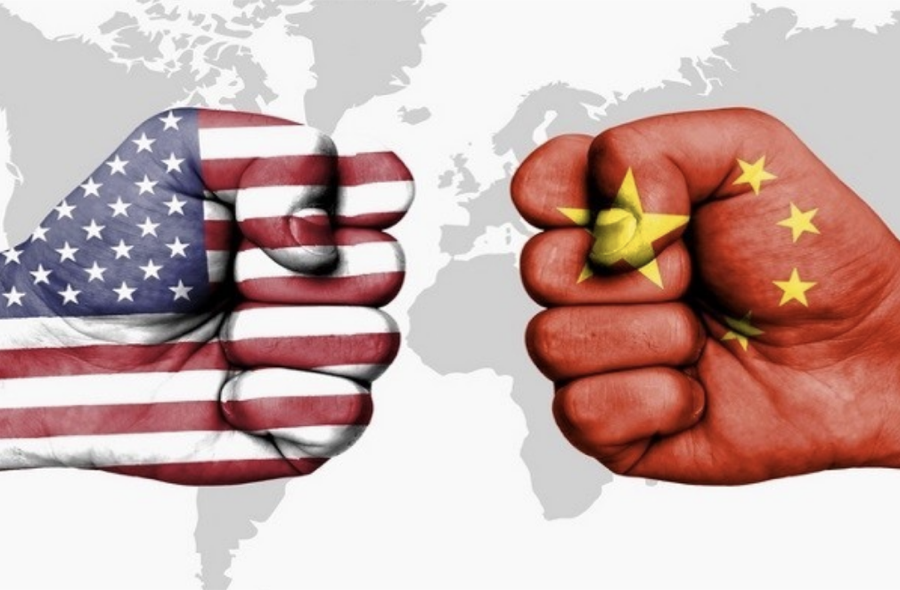In the wake of a Chinese spy balloon incident over American skies, the tenuous dialogue between Beijing and Washington was shattered. However, throughout the summer, these two global superpowers have engaged in a series of high-level meetings, striving to maintain a connection despite numerous points of contention. Gina Raimondo, the U.S. Secretary of Commerce, arrived in Beijing on Sunday, embarking on a series of critical discussions. She met with her Chinese counterpart, Wang Wentao, as well as Hu Heping, the Minister of Tourism, He Lifeng, the economic czar, and Premier Li Qiang.
Remarkably, Gina Raimondo is the fourth senior American official to visit China in just three months. Prior to her, U.S. Treasury Secretary Janet Yellen, and Special Presidential Envoy for Climate John Kerry, visited Beijing in July, following the visit of U.S. Secretary of State Antony Blinken. While none of these visits has resulted in major breakthroughs, President Xi Jinping and President Joe Biden agreed last autumn in Bali to enhance communication between their administrations, especially in the realms of economics and defense.
A New Bilateral Forum
During her stay in China, Gina Raimondo announced that both countries have agreed to establish new channels of communication on economic and trade issues. Notably, they are setting up a new bilateral forum to discuss the export controls imposed by the United States. Termed the “Export Control Application Information Exchange,” Washington emphasized that this forum is not a negotiation platform.
Matthew Axelrod, the Deputy Assistant Secretary for Export Enforcement, presided over its inaugural meeting, which took place on Tuesday in Beijing.
Consistent with the approach of former President Donald Trump, the Biden administration has taken various measures against China and Chinese companies. Tensions escalated last October when Washington decided to restrict the export of semiconductors and advanced equipment to China in the interest of national security. More recently, President Biden issued an executive order banning certain U.S. investments in Chinese sectors such as quantum computing, advanced chips, and artificial intelligence to prevent the Chinese military from accessing American technology and capital.
No Compromises on National Security
Addressing the press from the Great Hall of the People in Beijing, Gina Raimondo reassured, “We will never seek to decouple or hinder the Chinese economy.” She added firmly, “We do not compromise or negotiate on matters of national security. Period.”
Beijing has decried the U.S. for adopting a Cold War mentality. Wang Wentao, the Minister of Commerce, voiced “serious concerns” about trade restrictions imposed on Chinese companies, stating, “Excessive generalization of national security is not conducive to normal trade and economic exchanges.”
In the complex landscape of international relations, China and the United States continue their dance of diplomacy, navigating a challenging path that requires both cooperation and strategic assertiveness.
FAQs
Q: What prompted Gina Raimondo’s visit to China? A: Gina Raimondo, the U.S. Secretary of Commerce, visited China to engage in high-level discussions on economic and trade matters between the two countries.
Q: What is the significance of the “Export Control Application Information Exchange” forum? A: The forum serves as a platform for discussing U.S. export controls. It aims to facilitate communication between China and the United States on this issue.
Q: How has the Biden administration’s approach to China been different from the Trump administration’s? A: While both administrations have taken measures against China, the Biden administration has continued to implement restrictions and policies on various Chinese sectors and investments, particularly

